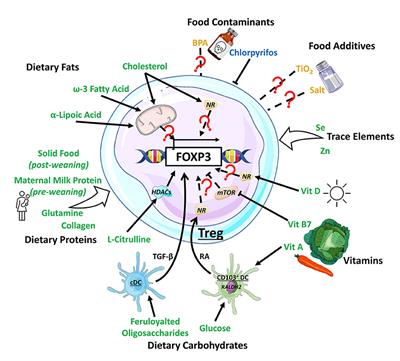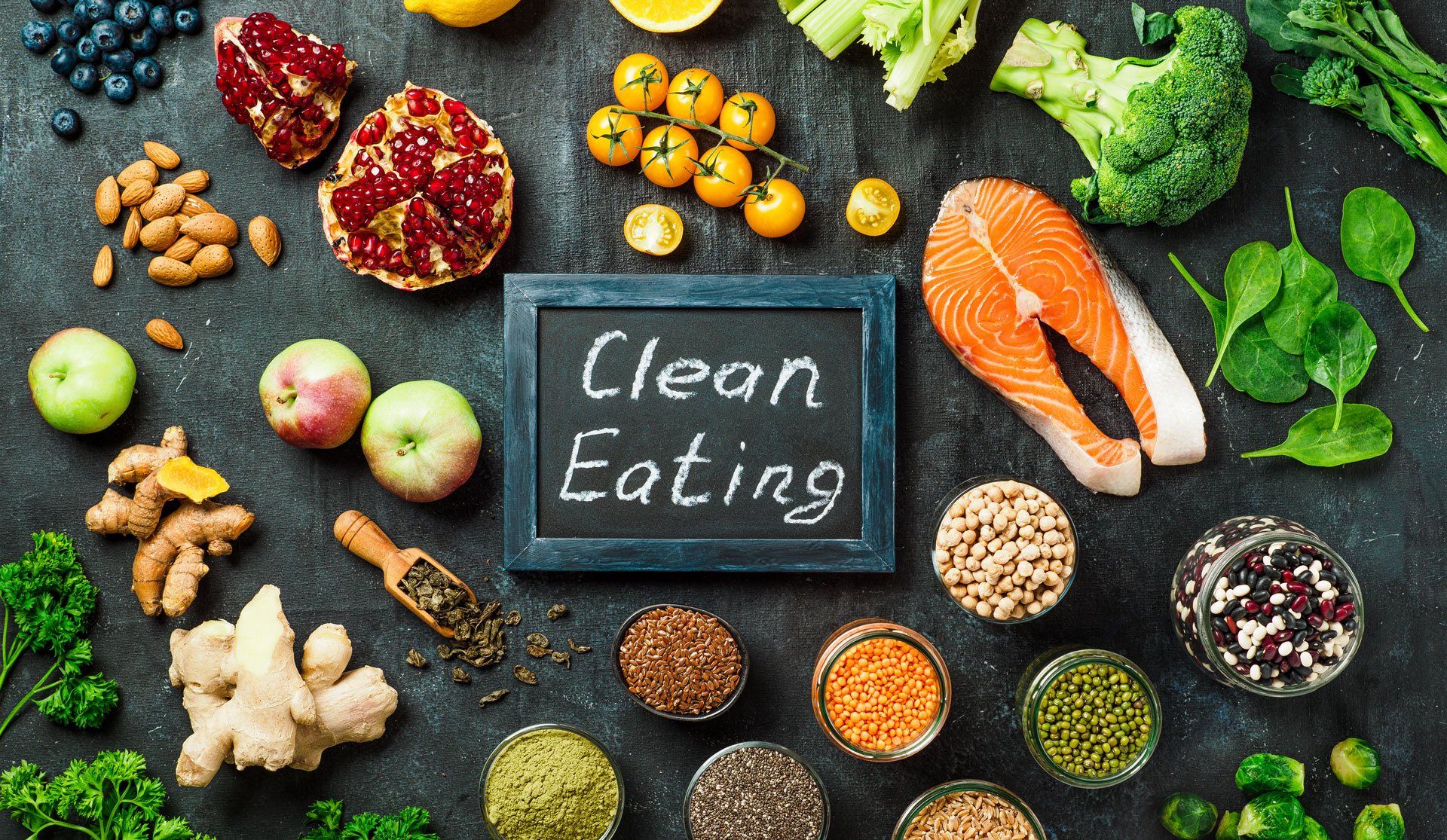
You can eat well on a limited budget but it does require planning. While you might not be able afford the most expensive meals, you can still get a well-balanced meal at an affordable price. You just need to adapt your shopping habits and lifestyle to eat healthier while on a budget. Here are some tips for planning your meals. 1. Choose whole, unprocessed food over processed or packaged foods. These foods are generally less expensive.
When shopping for food, always make a list. Avoid being tempted to buy the cheapest items at the supermarket. These deals will make you spend more. Buying food in bulk will lower your cost per serving. Lemon juice can be added to water if you are still on a tight budget. These are just few tips to help budget-conscious consumers eat well. Remember to read the labels and to stick to them.

Make sure you check the nutrition content of the food that you are buying. A cup of oats has around 104 calories and 10g of fat. Also, buy family-sized meat instead of value-packed, which often has high sodium and fat. You can eat lean ground beef or turkey if you cannot eat processed foods. Peanut butter is a good low-fat option. Your overall costs will be reduced by selecting foods that have low sodium and high fiber.
Always make a list before you go shopping for food. Try not to get tempted by the many tempting offers at the supermarket. It's important not to get distracted by the seemingly good deals. These are there to prevent shopping mistakes. Plan ahead to avoid overspending on unnecessary items. Be sure to check the labels before you eat! Soon you'll be able to determine which foods are affordable!
Avoid processed foods. These can be expensive and lack nutritional value. You can stock up on staples you use often, but they aren't too expensive. If you use them regularly, you'll save money on each serving by purchasing them in bulk. These foods are not only healthy but also affordable. Don't let tempting offers fool you. These aren't worth the money! These are just a few of the many ideas that will help you stick to a budget-friendly diet.

To save money on food, you can read the label and check the nutritional facts. Learn how to read labels on food to find out their price. You can also check for the sell-by dates on the package. It's crucial to stick to your budget. It's possible to eat healthy while still sticking to your budget by following a budget diet. After you read all the ingredients, you will be able to plan your meals efficiently.
FAQ
Can I go to the gym seven days a week?
You can go to your gym seven days a semaine, but not simultaneously. It is important to find a time and place where you can exercise without feeling tired or exhausted.
This will help keep you motivated and give you energy for other activities.
You should also ensure that your meals are well-balanced. This will help you not feel tired or slow at the gym.
Last, make sure there aren't any other things competing with your time. You might want to avoid working out on school nights if you have kids. They can distract you from your exercise routine.
How to Build Muscles Fast
Fast muscle building is possible by eating healthy foods and regularly lifting weights.
Early morning is the best time to exercise. You are awake and alert, ready to take on the day.
Try exercises like squats and bench presses.
Try different weight training routines, and don't forget to drink plenty of water throughout the day.
Which workout is the most effective for men
The answer will depend on what you are searching for. Cardio exercises are great for anyone looking to lose weight.
If you want to just build muscle mass, strength training is better as it increases lean body weight.
Both types are good for improving your overall health.
If you're looking for a quick way to get fit, I recommend HIIT/sprint interval training. This type of training can help you lose fat quickly and increase your metabolism. It will also help you stay motivated to train even when your body is tired.
What kind of food should I avoid when trying to lose weight?
Avoid trans fats. Trans fats can increase LDL (the negative) cholesterol levels and decrease HDL (the positive) cholesterol.
Trans fats are found in deep-fried foods, fast food, packaged baked goods, snack cakes, and other processed foods.
These unhealthy fats also cause inflammation, leading to heart disease and diabetes.
Avoid foods containing artificial sweeteners. Artificial sweeteners increase the risk of getting cancer.
They are found in everything, from soft drinks to chewing tobacco to candy bars. They can also be found in other foods like meat, poultry, and eggs.
Artificial sweeteners include saccharin and sorbitol.
These chemicals can damage DNA and cause cell death, according to the American Heart Association.
What does milk do?
Consider what other uses you might have for your milk next time that you buy it. You might also find it helpful to stop drinking coffee.
The benefits of milk have been demonstrated to be both beneficial to children and adults. Milk provides children with nutrients such as vitamin D, calcium, potassium, phosphorous, and magnesium.
It also aids digestion, improves bone strength, and promotes weight gain. Adults who consume dairy products tend to have fewer illnesses and better immune systems.
Milk is also rich in lactose, so people who cannot digest this sugar easily can enjoy its benefits without experiencing stomach problems.
Drink more milk than soda and juice. The extra calcium and vitamin D found in milk can help strengthen your teeth and bones.
If you don't like the taste of milk, you can always make your yogurt using plain low-fat milk. Yogurt is an excellent alternative to milk because it is lower in calories, and contains more protein.
Yogurt also includes probiotics. These help in digestion and improve immunity.
Try warm milk to help you fall asleep. Warm milk relaxes the muscles and increases serotonin levels. It will give you a restful night.
Statistics
- According to the American Academy of Dermatology (AAD), men over 50 are at a heightened risk of developing it. (healthline.com)
- Candidates and applicants must pass all four tests at 70% (minimum level) to graduate from Basic Deputy U.S. Marshal (BDUSM) Training. (usmarshals.gov)
- By John Thompson Take a whopping 38% off a set of PowerBlock Pros. (menshealth.com)
- According to the American Heart Association, blood pressure should be checked at least once every two years, beginning at age 20. (my.clevelandclinic.org)
- 10 pounds in a month is likely during a lean bulking phase, especially for beginners. (muscleandstrength.com)
External Links
How To
What nutrients does a man need daily?
Daily nutrition is essential for men's healthy growth. The body requires vitamins, minerals, proteins, carbohydrates, fats, water, fiber, and other essential elements.
The male body also requires specific nutrients at different times throughout the day. You can see that your body uses energy to make hormones. When you awake, protein is used by your body to build muscles or repair damaged tissue.
Your body uses the night to break down fat and store extra energy as glucose. Your body will still need nutrients, but it will require fewer calories during this time. If you feel hungry, you may consider having a snack during the evening.
For your body to function properly, it needs adequate amounts of protein and carbs. If you train hard, you may experience muscle soreness after exercising.
To prevent this, you must consume carbs and protein within 2 hours of training. To provide energy, your body will begin to break down stored glycogen.
After your workouts, you should eat protein immediately. This will prevent muscle tissue from being damaged while you sleep.
Lactic acid is produced by the body during periods of intense exercise. Your body can build up lactic acid in the bloodstream which causes fatigue. Eat foods high in carbohydrate, such as fruits, vegetables, to avoid this.
Carbohydrates are a good source of energy to help you recover from hard exercise.
Additionally, lean meats, fish and eggs, dairy products, yogurt, cream, cheese, yogurt and beans can be added to your diet.
All of these foods have high-quality protein. Protein promotes muscle growth, and helps repair damaged tissues. Protein provides the amino acid your body needs for testosterone and sexhormone production.
A healthy skin, nails and joints requires sufficient dietary fats. Healthy men need between 20% and 35% of their total caloric intake from fat.
Fat helps protect your heart health and prevents cancer. It keeps your brain healthy and functioning well.
Vegetable oils, such as olive oil, sunflower oil or corn oil, soybean oil and peanut oil, can supply most of the fats you require.
These oils are high in monounsaturated fatty acids (MUFAs). MUFAs lower cholesterol and decrease inflammation. They protect cells against damage from free radicals.
Saturated fats (SFAs) are found mostly in animal products like meat, dairy products, and butter. SFAs can raise LDL ("bad") cholesterol levels and increase triglycerides. They promote weight gain as well as belly fat.
Plant-based fats such as vegetable oils, seeds, nuts and grains contain polyunsaturated (PUFAs). PUFAs improve cardiovascular function and decrease inflammation. They also help control blood sugar and cholesterol.
Erectile dysfunction can often be a problem for men who have low HDL ("good") levels of cholesterol. High consumption of saturated fats increases bad cholesterol, which lowers the level of good cholesterol.
Men who eat a lot of red meat or pork develop prostate problems because they contain large amounts of nitrates. When cooked at high temperatures, nitrates can be converted to nitrosamines. These compounds can cause lung cancer.
Many processed meats are high in nitrites, and other dangerous chemicals. You should avoid them.
The American Heart Association recommends eating no more than 2 servings of red meat per week. Choose poultry, fish and legumes instead.